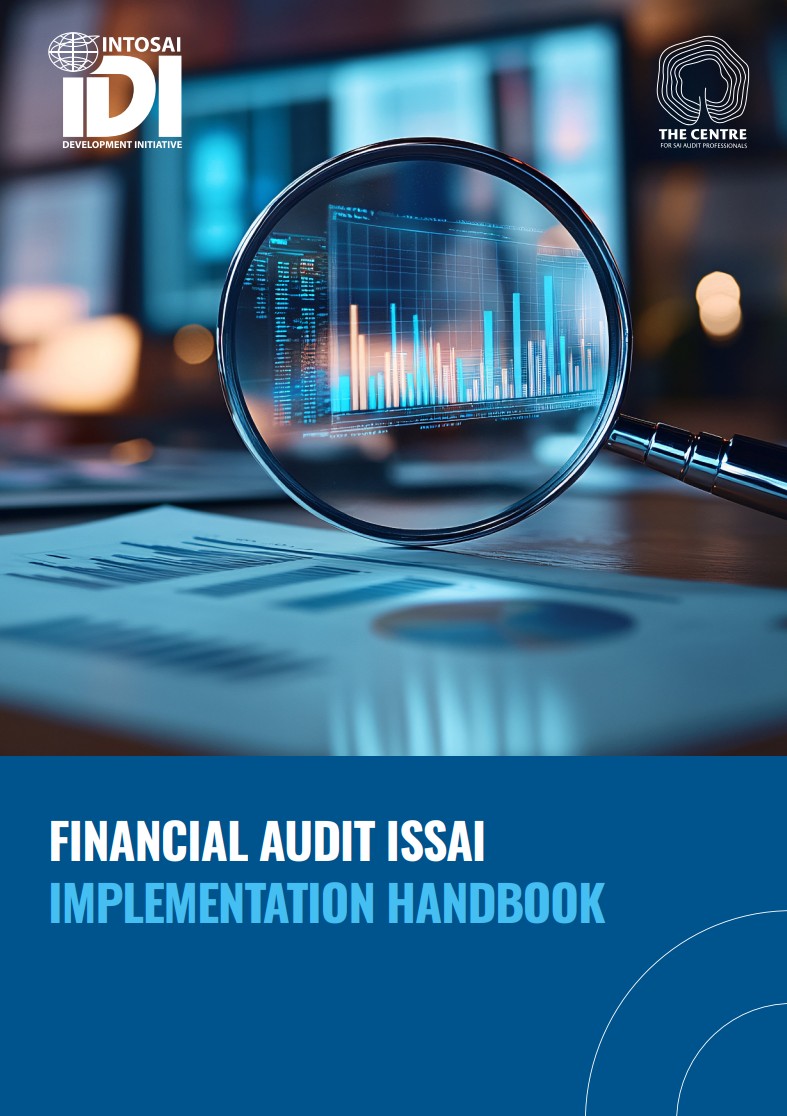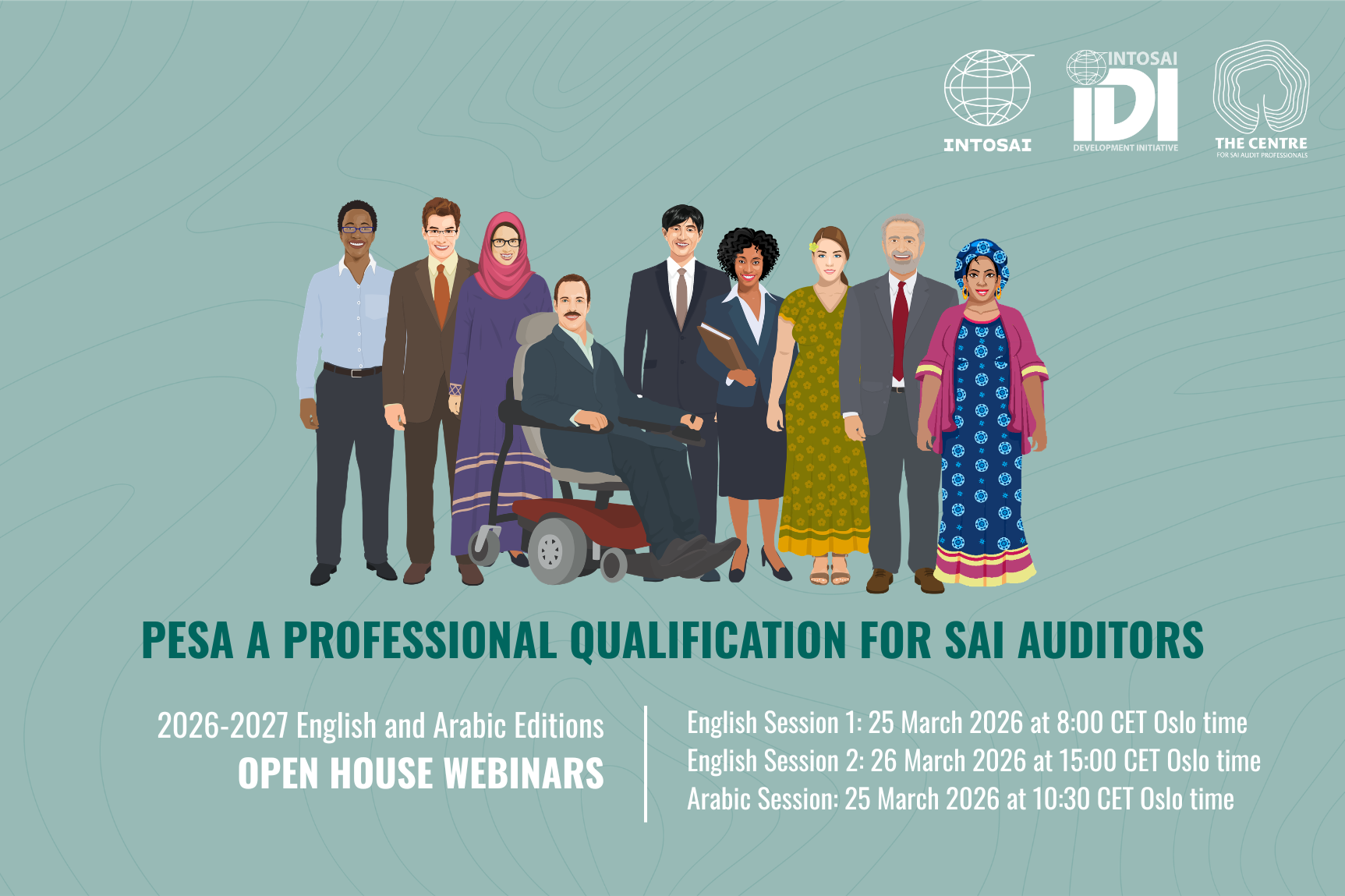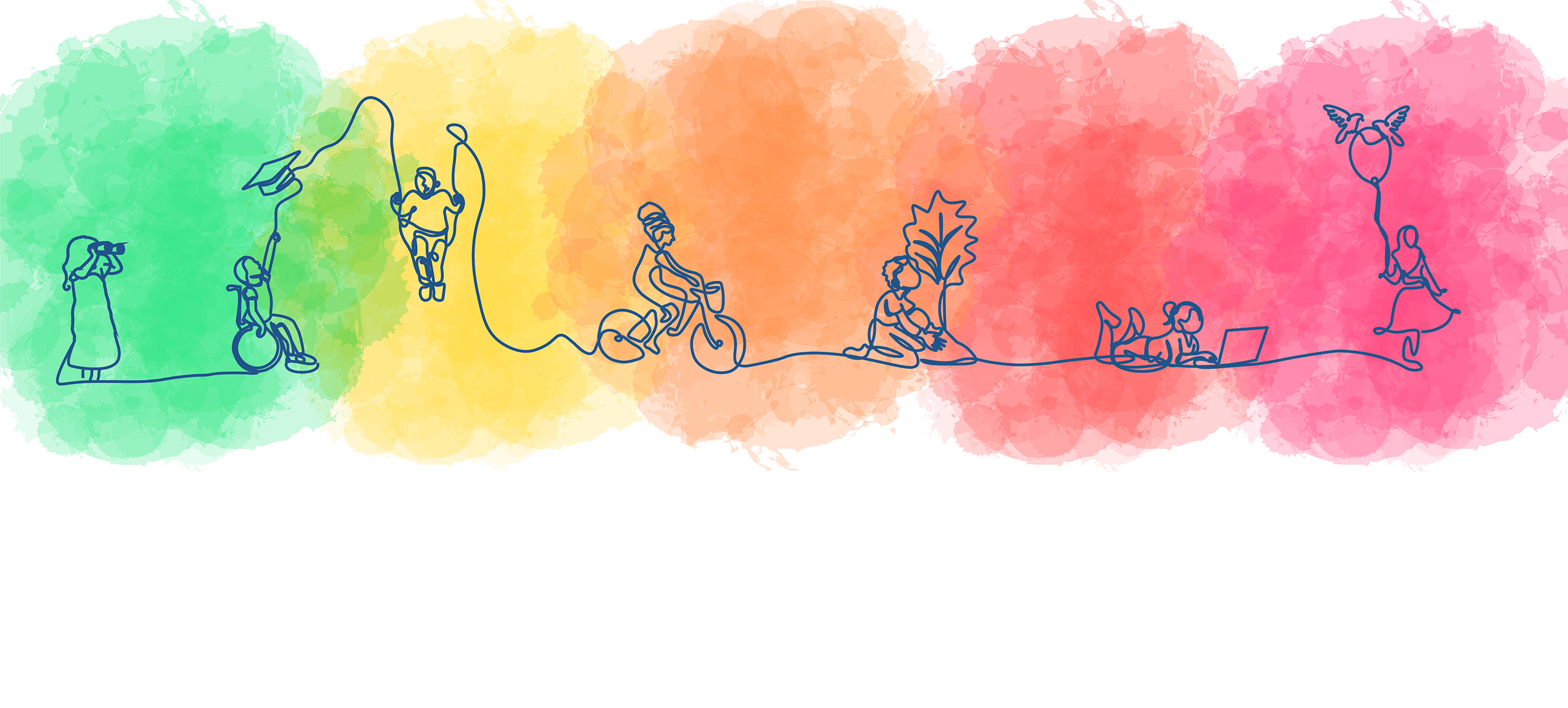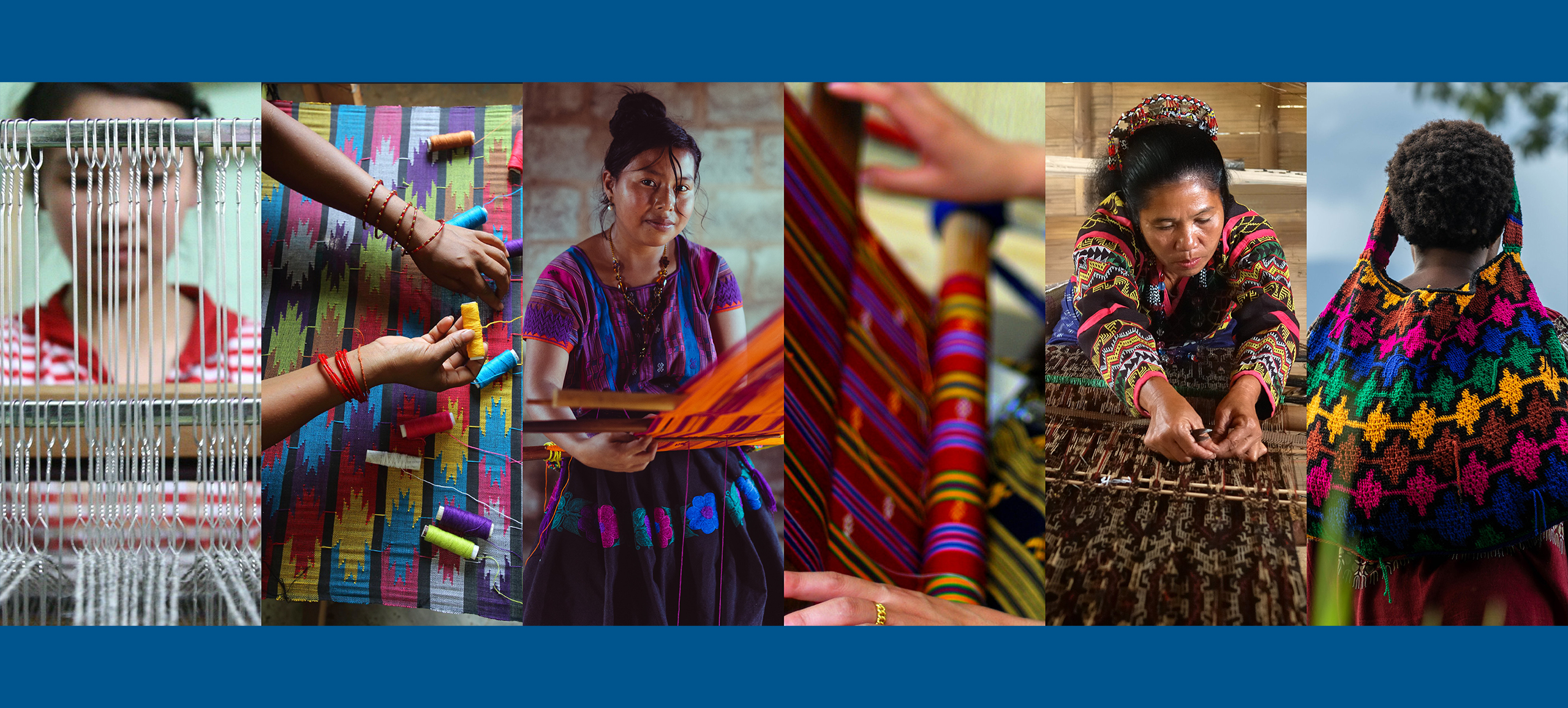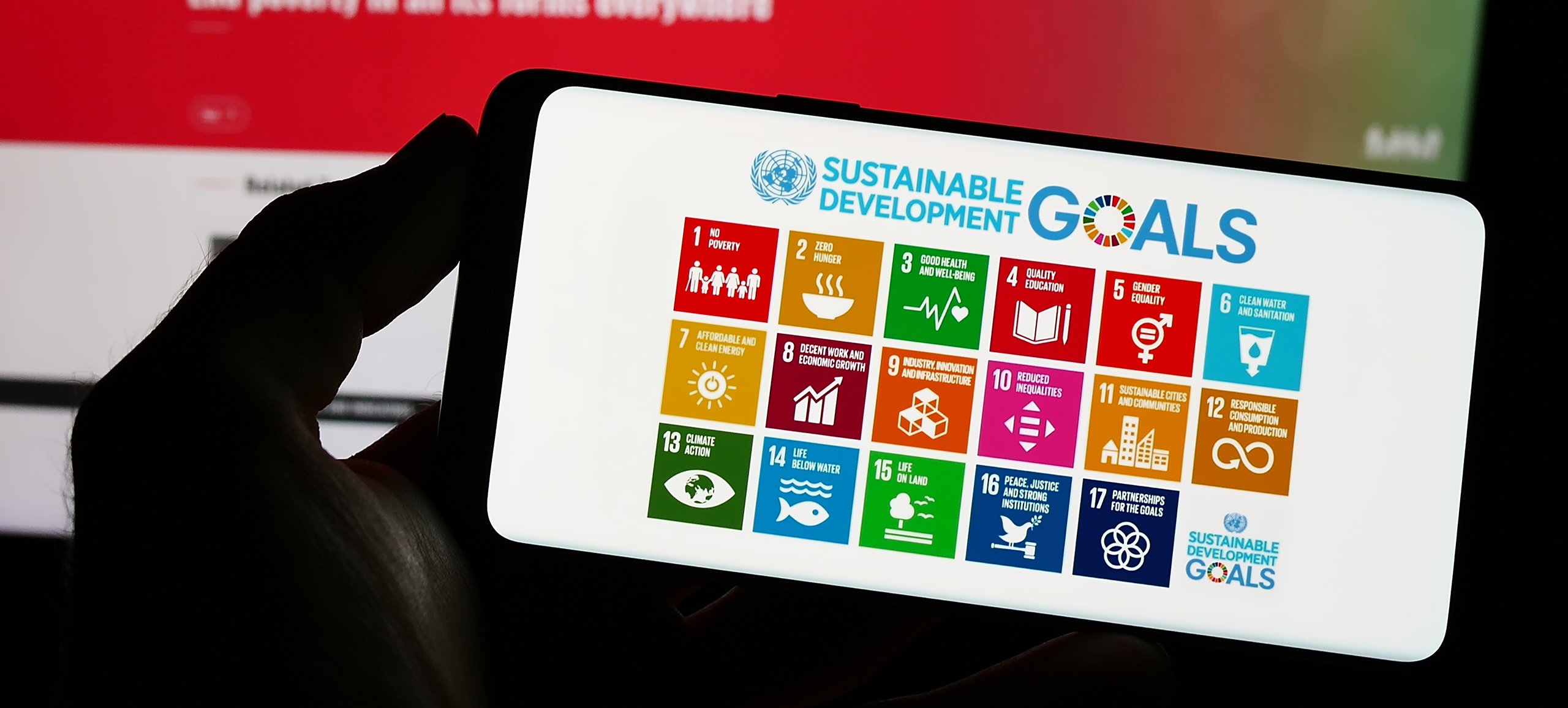Audit Practices
Supporting public sector auditors to create meaningful impact for people and planet.
Supreme Audit Institutions (SAIs) have the critical role of holding governments accountable for how they manage public funds. At IDI, we support SAIs to ensure they are equipped with the tools and capacities to promote efficiency, accountability, and transparency. Our support for SAI auditors is customised and sustainable, so they may develop the necessary skills to deliver high-quality and impactful results for the long term. We believe that with a relevant, professional, and sustainable approach to conducting financial, compliance and performance audits, that SAIs will better serve the people and planet.
